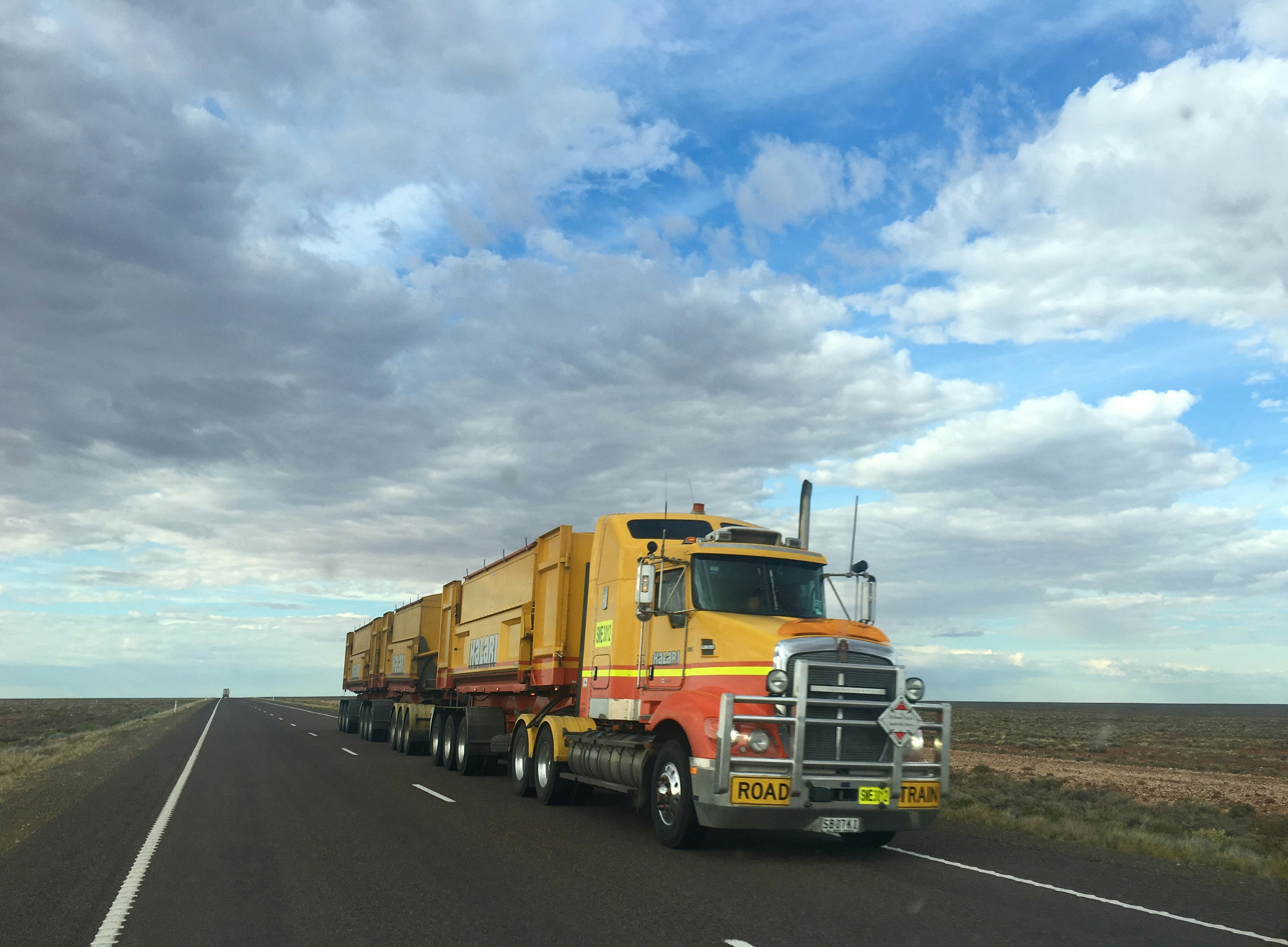During times of unprecedented economic turmoil, the chances of corporate endurance or success can appear slim and dismal. As a small or mid-sized trucking company, navigating complex economic distress may feel inundating.
However, survival is possible. In the content below, we offer practical advice on maintaining business health during economic crises from advanced preparation to non-recourse factoring opportunities.
How a Trucking Company Can Survive Economic Turmoil
1. If possible, prepare for economic crises in advance.
Unfortunately, most economic disasters are undetectable from miles away, leaving individuals, businesses, and governments unprepared. However, some level of consistent planning and forethought is required to respond appropriately when unfortunate economic turmoil arrives.
Below are several actionable insights and strategies to help you prepare in advance.
Evaluate your company’s financial health often.
Understanding where your trucking company stands financially will allow you to make informed, quick decisions when needed.
Identify your financial cushion.
Identify areas within your trucking company that may provide a financial cushion should a crisis occur. Do you have room to give, if necessary?
Seek to grow during profitable times.
Expand your services and geographic expertise whenever possible, performing research into stable markets that remain constant during unstable times.
Reduce the possibility of crippling debt.
One simple way to mitigate future expenses is through commercial truck maintenance. Performing regular upkeep on your fleet reduces the possibility of unexpected breakdown and expensive repair. If you own old and unreliable equipment, consider replacing it during positive economic conditions.
Finally, make sure you are aware of current financial standings with all creditors, lenders, and debtors. Check in often.
Analyze the health of your current alliances.
Are relations with your partners, clients, staff, and technicians strong? Developing and fortifying a community of trust and transparency can help your trucking company maintain valuable clients and staff during economic turmoil.
Unfortunately, not every trucking company is aptly prepared for economic distress. The day-to-day challenges of running a business are draining – proactively preparing for disaster is not often on the to-do list. If this is the case, there is still hope for your trucking company in times of unexpected hardship!
2. Save money wherever possible.
Saving money begins with accurately assessing costs. Micro-manage spending. For example, do you know your accurate cost-per-mile? Rudimentary calculation may seem sufficient for times of plenty, but economic distress demands a precise calculation. If utilizing a tracker, be sure to update it every week, per vehicle and driver.
Assess your cost-per-mile.
Assessing your cost-per-mile involves understanding all fixed and variable costs. Your fixed costs may include equipment, collision/comp insurance, permits, health insurance, an office lease, etc. Regardless of how many miles are driven, these costs remain present and reoccurring. Variable costs depend on frequency and volume of usage. These costs include tires, fuel price fluctuations, taxes, lodging, vehicle maintenance, equipment repairs, etc. Comprehending an accurate cost-per-mile involves understanding how overhead costs effect profit.
Implement a pay-for-performance plan.
Consider implementing a pay-for-performance plan for employees. Pay-for-performance plans incentivize drivers to go above and beyond while being appropriately, competitively compensated.
Forbes explains pay-for-performance plans well:
Pay-For-Performance is a way of saying ‘People should get a reasonable salary, and the preponderance of what they can earn should be based on the productivity and results of their own role, along with the overall results of the organization.’ A pay-for-performance plan for your drivers should not be tied to safety or on-time deliveries, that is their job! Driver incentives should be customized to each driver and tied to profit. The driver is the profit center, and based on what that driver produces, above and beyond some standard that you set, the profit is shared with them in some pre-agreed formula.
3. Explore new trucking opportunities.
New opportunities may come in the form of unfamiliar territory. For example, if your trucking business is accustomed to extensive, cross-country trips, yet – in economic turmoil – shorter hauls are more available and lucrative, adapting to the current need and available market. The opposite may be true as well. Regardless of the specific circumstance, adaption during economic distress is often necessary to maintain business health.
4. Take it slow and try to maintain financial stability.
In times of uncertainty and unprecedented distress, our gut response is often panic. As a business owner, panic is often dangerous. Therefore, evaluate your financial situation and ensure your personal finances are in order before making hasty decisions.
One major financial area of evaluation is cash flow. How will you work to keep revenue coming in? Many truck drivers turn to non-recourse freight factoring for survival during times of economic distress.
5. Protect your cash flow with non-recourse factoring.
Trucking companies are more than aware of limited cash flow throughout tough economic conditions. The risk of simply not getting paid increases. Non-recourse factoring can be a trucker’s saving grace during times of uncertain cash flow.
Ultimately, non-recourse freight factoring protects trucking companies from falling into debt if a client does not pay an invoice. When a trucking company is trying to navigate economic turmoil, the risk of clients failing to pay invoices on time or at all can be destructive.
Why choose non-recourse factoring over recourse factoring?
When working with a recourse factoring business, trucking companies are still responsible for the invoice if the client fails to pay in full. Non-recourse factoring completely protects the trucking company from unpaid invoices. Within a non-recourse factoring agreement, the trucking company is not legally responsible to reimburse the bill if the client does not pay – the factoring company accepts the risk.
Prepare for Economic Changes with Advanced Commercial Capital
Advanced Commercial Capital offers a fixed-rate, non-recourse freight factoring program, one of the most popular in the industry. The program is excellent for startup trucking companies – or companies in need of assistance during unprecedented economic distress.
Our non-recourse freight factoring program gives you peace of mind knowing that you will never be responsible to buy back uncollected invoices, and your rate will never change. Furthermore, we do not lock trucking companies into long-term contracts. We will work hard every day to earn your business – and you can choose a different route as needed.
For more information about our non-recourse factoring program, feel free to reach out at 855.465.4655 or via our online contact form.
We look forward to working with you through difficult economic circumstances.










